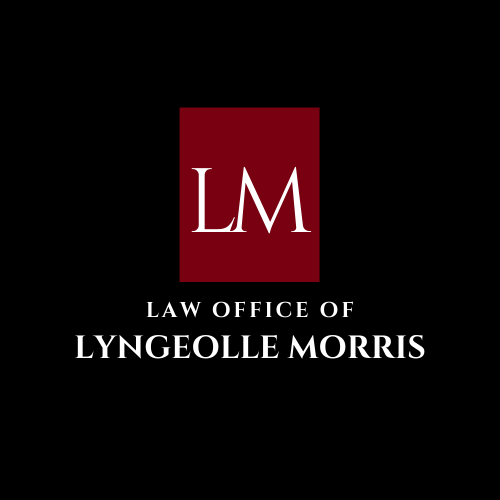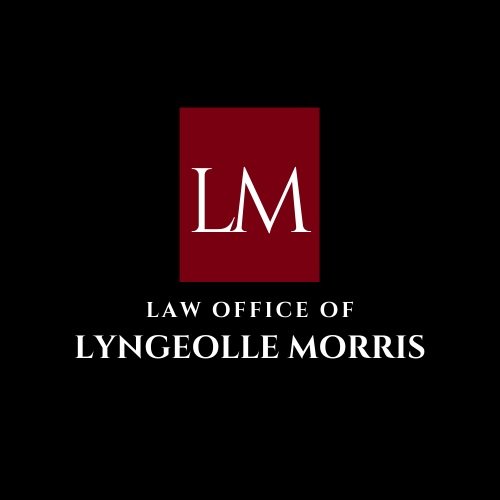3 Common Estate Planning Myths
Estate planning can be a difficult process for some. The reason is that estate planning requires us to face the fact that we will not live forever. This thought can stop many people right in their tracks. In today’s blog, we will uncover 3 common myths that cause people to talk themselves out of putting an estate plan in place.
Myth #1: Estate Planning is only for the Uber Wealthy
Many persons are of the opinion that estate planning is reserved for a very wealthy family or even a celebrity. This could not be further from the truth. By comparison, when the average person thinks about their own property and planning needs, they assume that it is not necessary because they do not have anything close to a billion dollar portfolio.
Estate planning is about more than just the money. While proper planning allows you to determine who gets your money and property upon your death, the planning process also addresses what happens if you are in a position where you are unable to make decisions on your behalf. Estate planning also involves putting together an inventory of those things that you wish to pass on that you cannot put a dollar value on: your most prized memories, mementos, family heirlooms, your values and your beliefs.
It’s important that you consider how you want to pass all of these things when you die. Without any planning, the legislation in place will determine who gets what, and this may be quite contrary to what you may actually want.
Myth #2: I Don’t Have to Plan Because My Spouse Will Get Everything
It is often common for married couples to jointly own property or bank accounts. Where these are owned jointly (joint tenants in the case of real estate), when one spouse dies, then the surviving spouse will automatically become the sole owner.
While this may be the desired outcome for married couples, having this approach to estate planning may be dangerous. It should be noted that outright distribution offers little to no protection in cases where one party is sued. In such an event, the assets you own jointly would automatically be subject to exposure to a judgment that could be entered to satisfy the judgment resulting from legal proceedings.
This is not to say that you should seek to disinherit your spouse. Rather, it is important that the two of you sit down and plan out what happens to your joint property and accounts upon death of either spouse, so that you can feel satisfied and comfortable that the surviving spouse is provided for and that he or she is gifted in a way that ensures that you both have peace of mind.
Myth #3: A Will Avoids Probate
Many persons believe that once they have created a will, they have avoided probate. Unfortunately, they are wrong.
While a last will and testament is an excellent way to provide for how you wish to pass on your assets and wind up your affairs, it should be noted that your wishes will be administered through probate, a court-supervised process of authenticating your last will and testament and ensuring your assets are passed on according to law.
After your death, the last will and testament must be submitted to the court to be probated in order to facilitate the process of distributing your assets. This process is initiated by the Executor or Executrix which is appointed in your will. This individual will be required to provide formal legal notice of the application to administer your estate as well as file documents with the court. Once approved, this person will have the authority to distribute your assets to the rightful beneficiaries under your will.
At the Law Office of Lyngeolle Morris, we are here to help answer questions you may have about estate planning, the estate planning process, or probate. Don't let these myths deter you from putting a plan in place to protect your loved ones. Together, we can create a customized plan to ensure that you and your family are properly protected. If you are interested in understanding more about this service, give us a call today.


